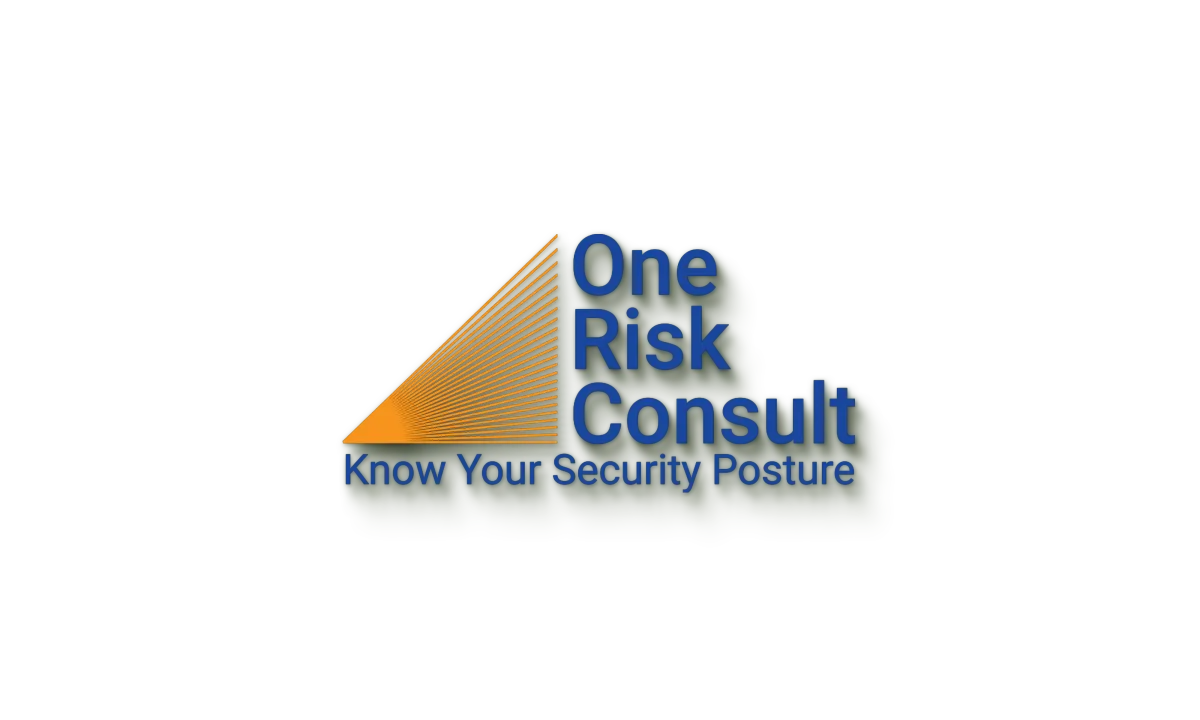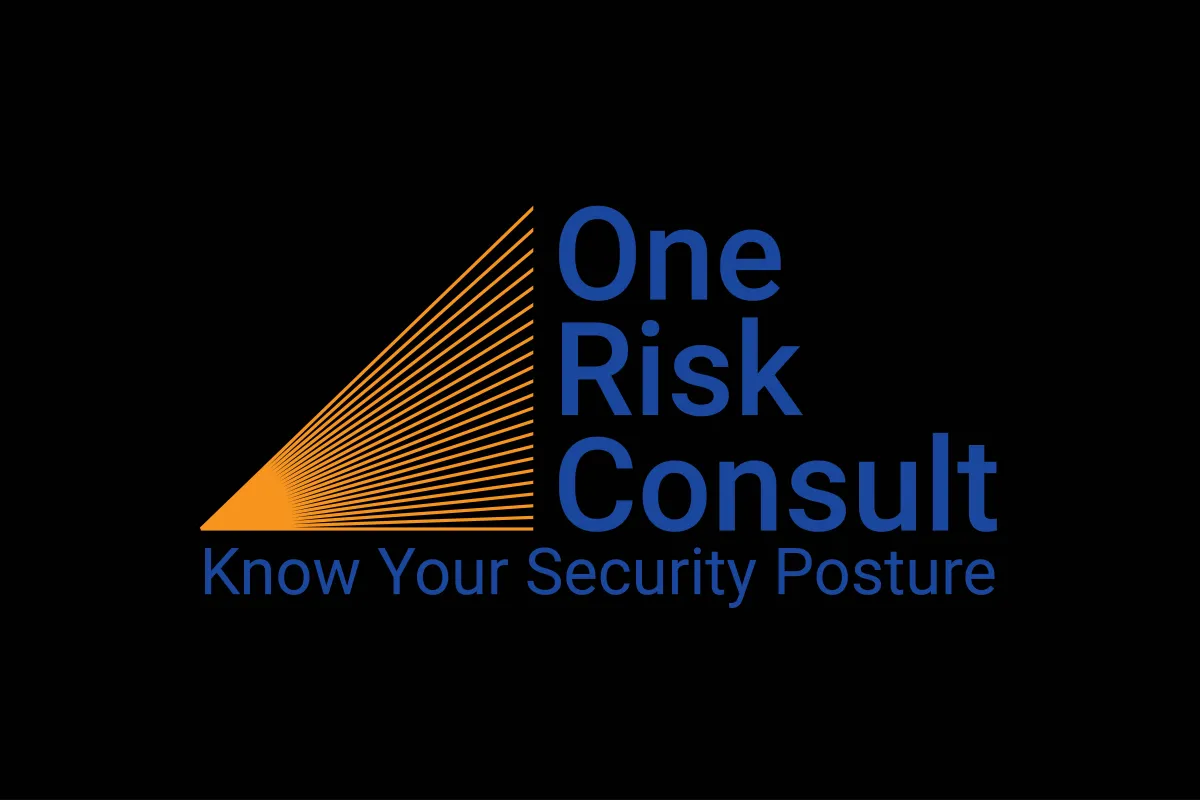Protecting your digital assets, defending your business
Blog

Cybersecurity Essentials for Small Businesses
Cybersecurity Essentials for Small Businesses
Cybersecurity is a crucial aspect for businesses of all sizes, including small businesses. Despite the misconception of small businesses that they have lesser chances to be targeted by cybercriminals compared to larger corporations, they are increasingly becoming attractive targets for cyberattacks due to their potential vulnerabilities and the valuable data they possess. A successful cyberattack can cause a drastic impact on a small business, including financial loss, reputational damage, and even closure.
By implementing robust cybersecurity measures, small businesses can significantly reduce the risk of cyberattacks. Investing in cybersecurity not only protects sensitive customer information but also safeguards the business's intellectual property, financial data, and operational systems. Furthermore, it demonstrates that the business upholds its privacy and security stance seriously. This ultimately results in increasing trust and building a positive reputation among customers and business partners.
Common Cybersecurity Risks for Small Businesses
Small businesses may face various cybersecurity risks that can compromise their valuable assets. Understanding these risks is the first step in implementing effective cybersecurity measures.
One common risk is phishing attacks, where cybercriminals employ stealthy techniques to trick employees into revealing sensitive information or downloading malicious software.
Another risk is ransomware, which can cripple a business's operations by encrypting critical data and demanding a ransom for its release.
Weak passwords and lack of multi-factor authentication also pose significant risks for small businesses. Cybercriminals can easily exploit weak passwords to gain unauthorized access to systems and sensitive data.
Additionally, outdated software and unpatched systems create vulnerabilities that hackers can exploit.
Moreover, insider threats, such as disgruntled employees or negligent practices, can also lead to data breaches and compromise the overall security of a small business.
Essential Cybersecurity Solutions for Small Businesses
When it comes to cybersecurity, small businesses have a range of solutions at their disposal to protect their valuable assets. One such solution is the use of Virtual Private Networks (VPNs) to create secure connections between remote employees and the business's network. VPNs encrypt data traffic, making it extremely difficult for cybercriminals to intercept and access sensitive information.
Another essential cybersecurity solution is the use of secure cloud storage and backup services. These services provide small businesses with a reliable and secure way to store and access critical data. The cloud offers advanced security features, such as encryption and regular data backups, ensuring that important information is protected in case of a cyber-attack or system failure.
Small businesses should also consider investing in robust endpoint protection solutions. These solutions provide comprehensive security for all devices connected to the business's network, including desktops, laptops, and mobile devices. Endpoint protection software typically includes features such as antivirus, anti-malware, and firewall protection, safeguarding against a wide range of threats.
Cybersecurity Tips for Small Businesses
In addition to adopting best practices and implementing essential cybersecurity solutions, small businesses can benefit from following these additional tips to enhance their cybersecurity posture:
Ø Regularly update software and systems: Keeping software and systems up to date with the latest security patches is crucial to address vulnerabilities and protect against known threats.
Ø Implement strong password policies: Enforce the use of complex passwords and encourage employees to change them regularly. Implement password management tools to store and manage passwords securely.
Ø Enable automatic data backups: Regularly back up critical data automatically to ensure that it can be restored in case of a cyber-attack or system failure.
Ø Limit access privileges: Grant your employees access only to the data and systems they need to perform their jobs. Regularly monitor and revoke access for employees who no longer require it.
Ø Monitor and log network activity: Implement monitoring tools and regularly review logs to detect any unusual or suspicious activity that may indicate a cyber attack.
Conclusion
Cybersecurity is not an option but a necessity for small businesses. The risks of cyber-attacks and data breaches are ever-present, and the consequences can be devastating.
Understanding cybersecurity and implementing essential cybersecurity solutions is crucial for small businesses to safeguard their valuable assets and maintain a secure operational environment. By prioritizing cybersecurity, small businesses can not only safeguard their interests but also build trust with customers and partners, paving the way for long-term success.
VLOG
Cybersecurity is not an option but a necessity for small
businesses. The risks of cyber-attacks and data breaches are ever-present, and
the consequences can be devastating.
Understanding cybersecurity and implementing essential
cybersecurity solutions is crucial for small businesses to safeguard their
valuable assets and maintain a secure operational environment. By prioritizing
cybersecurity, small businesses can not only safeguard their interests but also
build trust with customers and partners, paving the way for long-term success.




